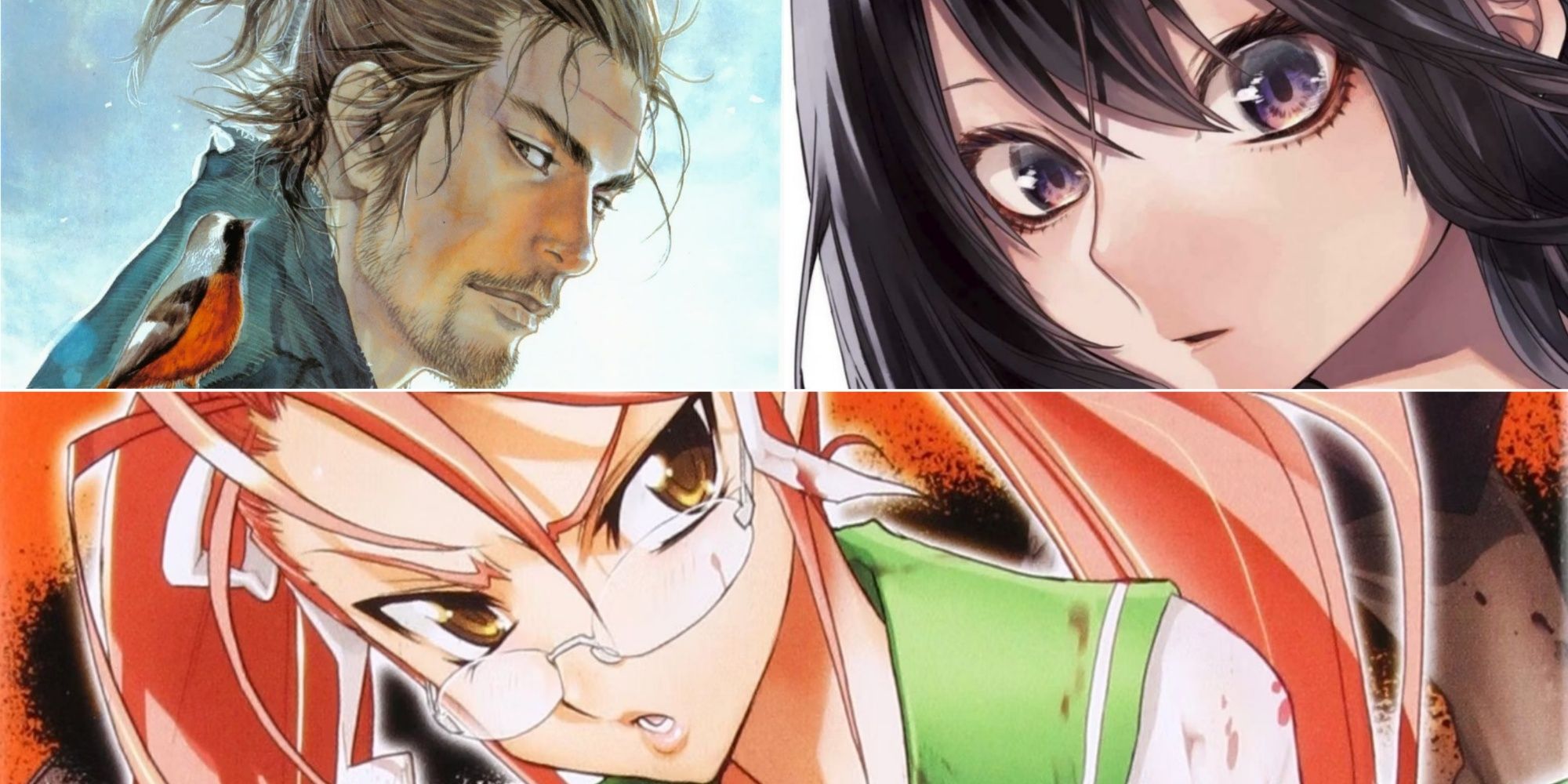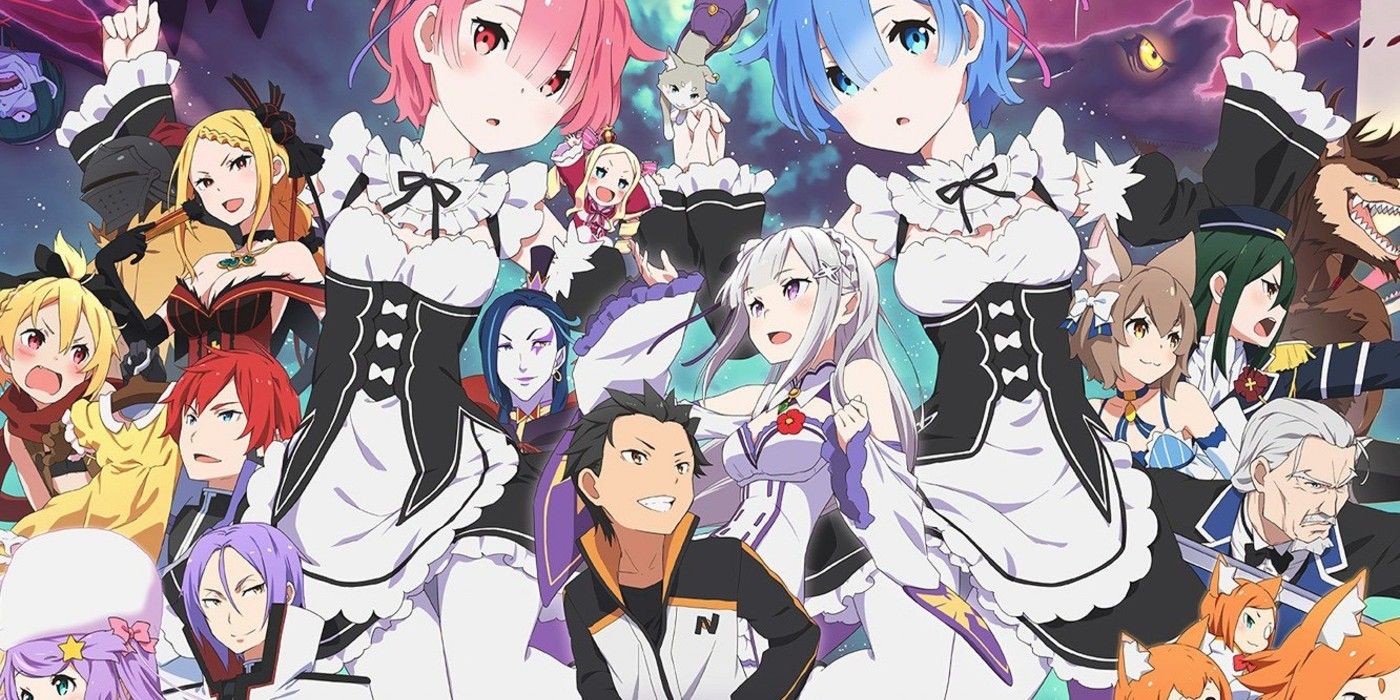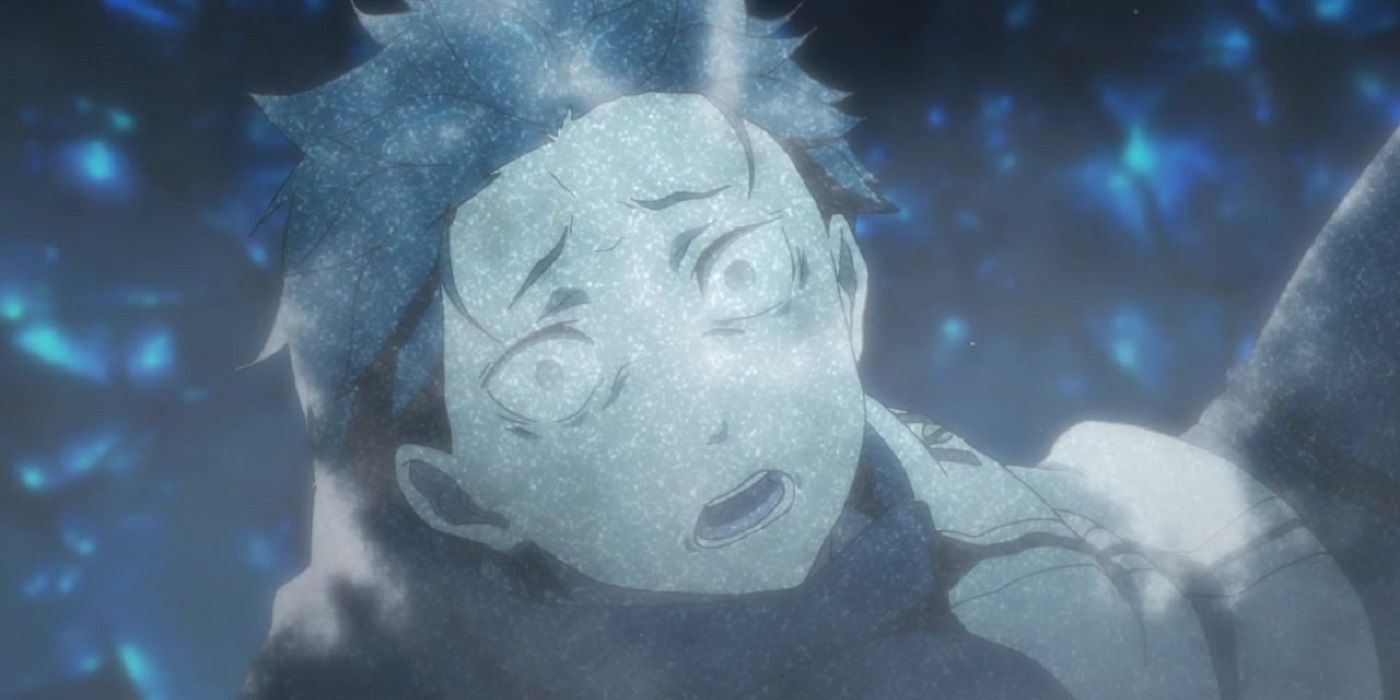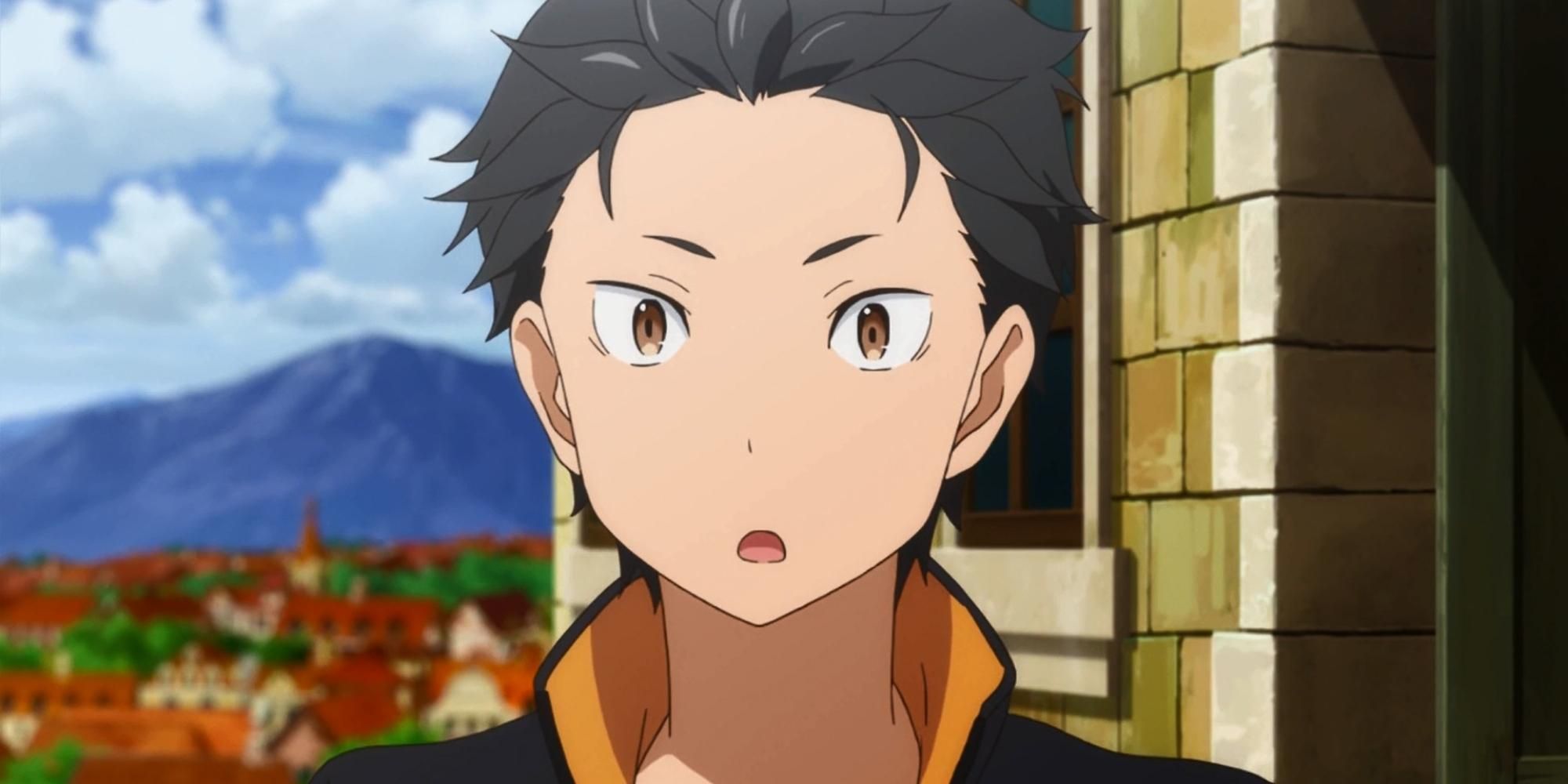If there's one thing that fans of anime should know, it is that names are extremely important. Not just in anime, but in general; however, the concept of names is particularly interesting in the context of Japanese media, in the wake of the growth of various entertainment industries.
In the case of popular isekai light novel and anime series Re:Zero (and most isekai in general), a name is a straightforward marker of what to expect from the series in question. However, is "Re:Zero – Starting Life in Another World From Zero" as straightforward as this implies? Perhaps not. Here is a run-down on what is really at play when we say "Re:Zero".
The Plot
For those who are unfamiliar, Re:Zero follows 17-year-old shut-in NEET (Not in Education, Employment or Training) Subaru Natsuki who is one day whisked away to an alternate world after leaving his room for the first time in a long time to buy some snacks from a nearby convenience store. Upon realizing his situation, Subaru is excited by the premise of living in a magical alternate world where he might be the hero, and quickly attempts to start his adventure by befriending an elf girl who defended him from thugs.
However, things turn very dark as the two are both inexplicably murdered, but Subaru is left confused when the events of that day repeat themselves. Soon, Subaru has the shocking realization that he can travel back in time by dying and retaining the memories from each cycle.
The Expectation
Given the concept of revival, rebirth, reincarnation, return, etc., present in the fabric of the premise, the use of the prefix "re-" in the title is an obvious nod to Subaru's ability to, as he says, Return By Death. Use of the prefix in this manner is not particularly special, and has been used in various other titles, isekai or otherwise.
Some of these include the reverse isekai Re:Creators; Tokyo Ghoul:re, follow-up to Sui Ishida's smash-hit dark fantasy horror; the slice of life title ReLIFE, among other titles. The idea is obviously to invoke the rawest form of the prefix "re-", which is "again", applying it to the concept in question; however, in the case of Tokyo Ghoul:re, the "re-" has other context-specific purposes which won't be explored at this point. The point is, the general use of "re-" in anime is to invoke the idea of "again".
The Quiet Subversion
What makes the play in the title of Re:Zero is not something that is generally accessible to an English-speaking audience, and even in the context of Japan, due to the nature of the pun in question, it may only reinforce the previously explored idea of the general use of the prefix "re-" in anime and manga series titles. The difference between the full Japanese and English titles for Re:Zero is what holds the biggest clue.
Re:Zero kara Hajimeru Isekai Seikatsu, which has been officially translated to Re:Zero – Starting Life in Another World From Zero, while not lexically nor grammatically incorrect, adds punctuation to the title which shifts the emphasis entirely, but not necessarily from the first part. In Japanese, the colon after "Re" makes it arguable that the main body of the series title is merely "Re", with the rest following the colon being the predicate, which gets snubbed in abbreviations. The omission of the second part, which happens in either language when referring to the title, could be a symptom of the series' light novel origins; an industry notorious for intellectual properties that present elaborate tongue-twisters as titles.
The Three Zeroes
What follows "Re" in the Japanese title is a simple sentence: "zero kara hajimeru isekai seikatsu", which can be directly translated to "Life in Another World Starting From Zero". In Japanese, the English word "zero" is used when referring to the number; however, there are also contexts in which the expression of numbers changes completely. In Japanese military expressions of time, the word "maru" is used to express "0", and is the same logic as English-speaking people expressing the number as "oh", like the letter, although "maru" can also refer to a circle shape.
Like in English, the Japanese pronunciation of numbers expressed in decimal notation (0.1; 0.01; 0.001; etc.) changes, which brings about a different expression entirely. For zero, this is [零] – pronounced "rè". If we consider the Japanese expression of the series title as one in which emphasis lies with the part before the colon; therefore making that part the operative element in the title, then the understanding of "Re" as a transcription of the pronunciation of the digit 0 would leave the title as something looking a lot like "0: Zero kara Hajimeru Isekai Seikatsu". Due to the common ideas surrounding what "Re-" represents, the conception of the "Re" in "Re:Zero" as a quiet reference to the idea that Subaru re-starts his life from scratch (as in, "zero"), but also that he re-turns by death (the void; nothingness), hides the true series title from not only an English-speaking audience, but even a Japanese-speaking audience would have the wool pulled over their eyes.








